

At the Jamaica Stock Exchange’s (JSE) 20th Regional Investments and Capital Markets Conference, a transformative initiative was unveiled: the Jamaica Green, Social, Sustainability, and Sustainability-Linked Bond Market (GSS+).
This pioneering platform, developed in collaboration with the Inter-American Development Bank (IDB), positions Jamaica and the Caribbean at the forefront of sustainable finance.
For private sector leaders across the region, the GSS+ or green bond market represents not just a strong business opportunity – it is a strategic imperative to align economic growth with climate resilience and social equity.
Genesis of the GSS+ bond market
Spearheaded by managing director Dr Marlene Street Forrest, and supported by the JSE board, the GSS+ bond market is the culmination of years of meticulous planning.

Launched alongside a comprehensive GSS+ Bond Guide in July 2024, the framework ensures transparency, credibility, and alignment with global standards such as the International Capital Market Association’s (ICMA) green bond principles.
Street Forrest, renowned for her visionary leadership in transforming the JSE into a regional powerhouse, emphasised that the market “bridges the gap between capital and purpose, enabling businesses to fund projects that benefit both people and the planet.”
The JSE’s collaboration with the IDB underscores the exchange’s commitment to innovation. By diversifying its offerings beyond traditional equities, the JSE now provides a dedicated avenue for green bonds (climate-focused projects), social bonds (affordable housing, healthcare), sustainability bonds (hybrid projects), and sustainability-linked bonds (performance-based targets). This ecosystem not only attracts ethically driven investors but also fortifies Jamaica’s financial sector against global market volatility.
Opportunities for private sector leaders
1. Access to global capital: The global sustainable finance market surpassed US$2.5 trillion in 2024, with green bonds accounting for nearly half of this figure. By tapping into the GSS+ market, Caribbean businesses can attract international investors mandated to allocate capital to ESG (Environmental, Social, Governance)-compliant projects.
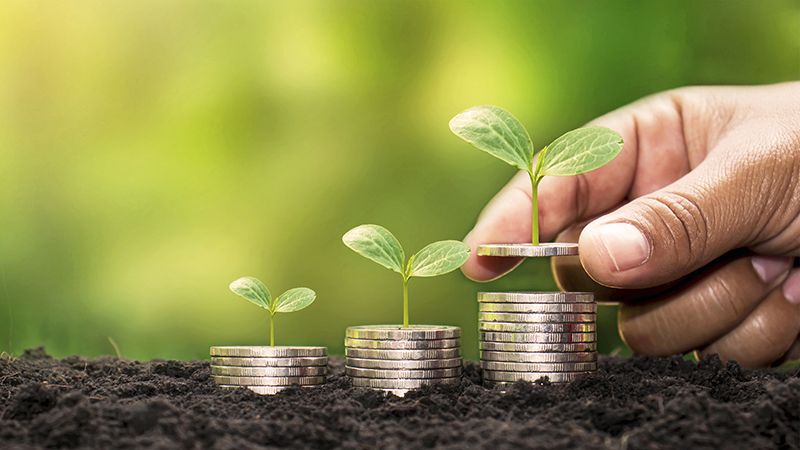
2. Climate risk mitigation: The Caribbean, contributing less than one per cent of global emissions, faces disproportionate climate risks – from hurricanes to rising sea levels. Investments in renewable energy, coastal resilience, and sustainable agriculture, funded via GSS+ bonds, can mitigate these vulnerabilities.
3. Enhanced corporate reputation: Issuing GSS+ bonds signals corporate responsibility, boosting brand loyalty and investor confidence. For tourism-dependent economies like Jamaica, sustainability is increasingly a unique selling proposition.
4. Alignment with national, regional goals: Jamaica’s Vision 2030 plan and the CARICOM Sustainable Development Strategy prioritise low-carbon transitions. The GSS+ market offers a structured pathway to meet these targets.
Expanding horizons: Projects to power Caribbean prosperity
The GSS+ bond market isn’t just theoretical – it’s a launchpad for tangible, high-impact ventures aligned with both Caribbean needs and global sustainability trends. Private sector leaders can leverage this platform to fund projects such as:
- Renewable energy microgrids: With Jamaica aiming for 50 per cent renewable energy by 2030, energy companies could issue green bonds to finance solar farms or wind plants in underserved parishes, reducing reliance on imported oil while stabilizing energy costs.
- Climate-smart agriculture: Agribusinesses might use sustainability-linked bonds to fund regenerative farming, drip irrigation, or carbon-neutral supply chains. For example, bonds could finance converting sugarcane waste into biochar, locking in carbon while boosting soil health.
- Blue economy investments: Regional hotel chains or marine enterprises could issue blue bonds to restore coral reefs, develop offshore wind farms, or establish plastic-free tourism zones – projects that protect ecosystems while attracting eco-conscious travellers.
- Affordable green housing: Social bonds could fund developments like Kingston’s “Climate Haven” complexes – hurricane-resilient, solar-powered housing solutions with rainwater harvesting systems – addressing affordable housing shortages and climate vulnerability simultaneously.
- Smart water infrastructure: With drought intensifying, bonds could finance AI-driven irrigation systems for farms or desalination plants for tourism hubs.
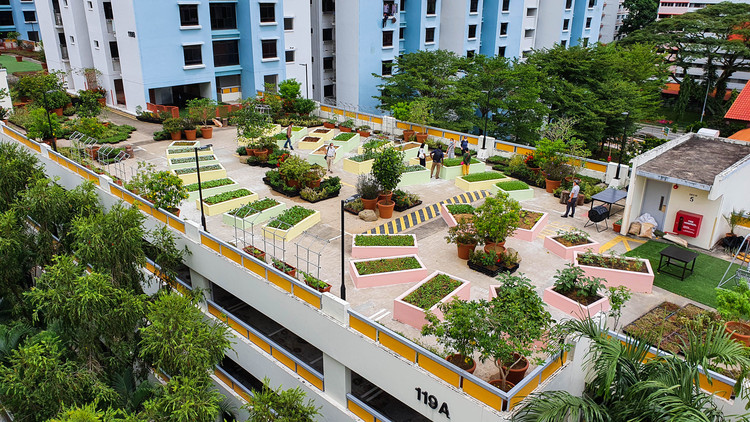
These projects align with the World Economic Forum’s 2024 Global Risks Report which identifies climate action failure, biodiversity loss, and social inequality as top threats. By structuring bonds around measurable KPIs – like tons of CO2 reduced or hectares of reef restored – firms can attract FDI from institutions like Denmark’s Investment Fund for Developing Countries, which prioritize verifiable ESG impact.
Attracting foreign direct investment: Recommendations for the JSE
To position the GSS+ market as a regional hub, the JSE should:
- Forge global partnerships: Collaborate with institutions like the Climate Bonds Initiative and the London Stock Exchange or Euronext to cross-list bonds, increasing visibility.
- Investor education: Host virtual roadshows in financial hubs (New York, London, Toronto) to showcase success stories and risk mitigation frameworks.
- Tax incentives: Work with the Jamaican government to offer tax breaks for GSS+ investors, mirroring initiatives in Brazil and Kenya.
- Digital integration: Develop a blockchain-based platform for bond tracking, ensuring real-time impact reporting – a key demand for ESG investors.
- Regional collaboration: Partner with the Caribbean Development Bank to create a regional green bond fund, pooling resources for larger infrastructure projects.
Foreign investors gain portfolio diversification and ESG compliance, while local Caribbean investors contribute to national resilience. For instance, a European pension fund could invest in a Jamaican green bond for a solar park, earning returns while supporting the UN Sustainable Development Goals.
A call to private sector leadership
The JSE’s GSS+ bond market is more than a financial instrument – it is a manifesto for Caribbean resilience.
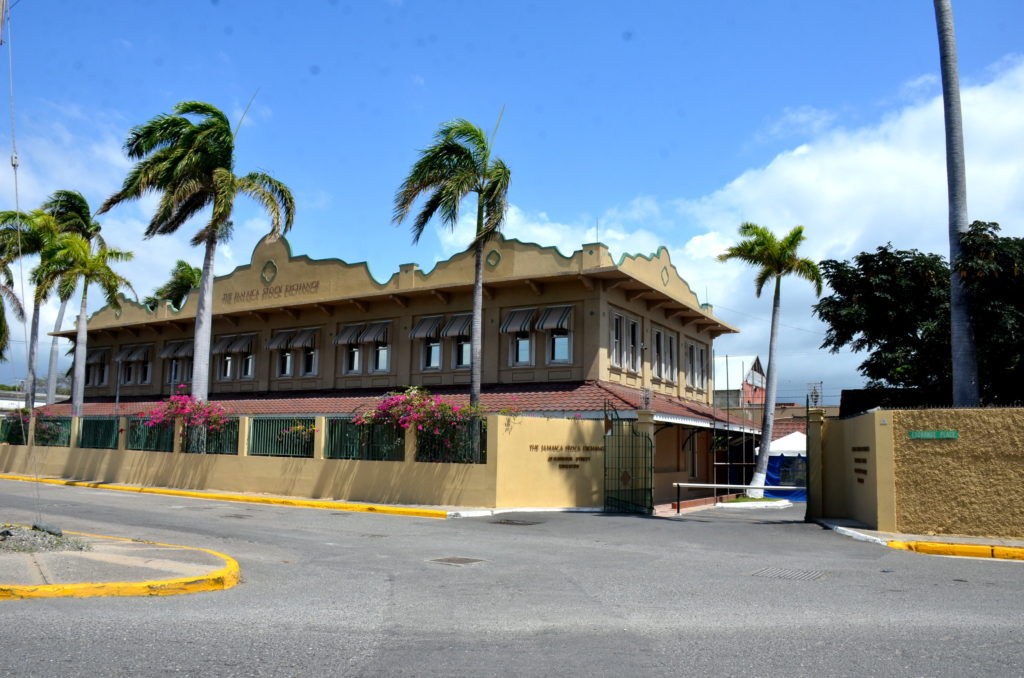
The JSE has laid the groundwork; now, private sector leaders must seize this tool to drive inclusive growth. By channelling capital into sustainability, Jamaica can emerge as a beacon for the Global South, proving that economic prosperity and environmental stewardship are not mutually exclusive.
As global capital flows toward sustainability, the Caribbean’s choice is clear: lead the green revolution or risk being left behind. The GSS+ market offers the keys to a thriving future – one bond at a time.
Imani Duncan-Price is a strategy and implementation consultant and former senator. Email feedback to [email protected] and [email protected].


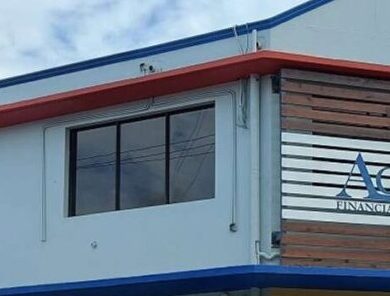
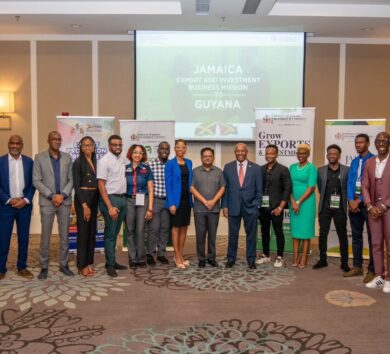


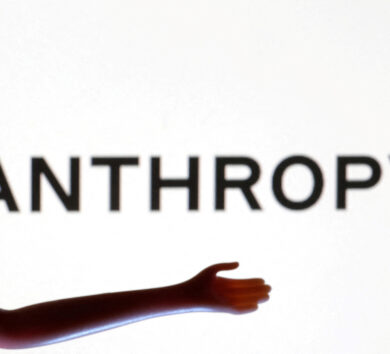
Comments